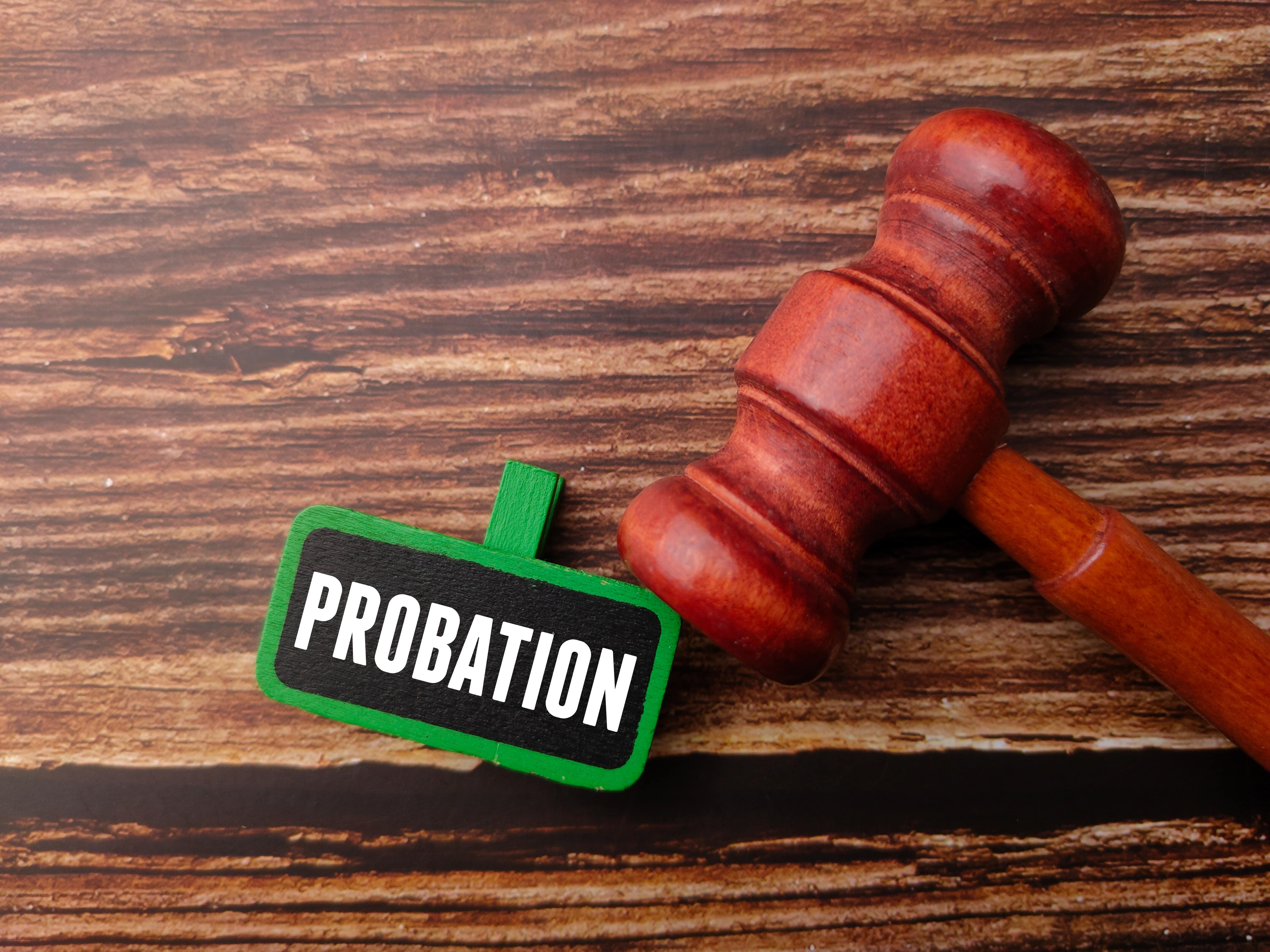Today, we will demystify an integral aspect of Arizona’s criminal justice system: probation. We will explore what it means, its purposes, and its potential implications.
Understanding Probation
Probation is a type of criminal sentence that allows a person to stay in the community rather than serving time in prison, as long as they comply with certain conditions. These conditions can include regular meetings with a probation officer, mandatory drug testing, community service, counseling sessions, or educational programs.
Probation in Arizona
In Arizona, probation is a common sentence for first-time and nonviolent offenders. It allows these individuals to remain productive members of the community while serving their sentence.
Here are a few key aspects of probation in Arizona:
- Length of Probation: The length of probation can vary based on the offense and individual circumstances, ranging from several months to many years.
- Intensive Probation: In some cases, a judge may order a more rigorous form of probation, known as intensive probation. This can involve daily check-ins, house arrest, or electronic monitoring.
- Violating Probation: If a person violates the terms of their probation, they may face severe consequences, including being sent to jail or prison.
The Role of Probation Officers
Probation officers play a vital role in the probation system. They supervise individuals on probation, ensure they are meeting the terms of their probation, and provide resources and support to help them reintegrate into the community.
Conclusion
Probation is a critical component of Arizona’s criminal justice system, serving as an alternative to incarceration. While it allows individuals to stay in their communities, it comes with stringent conditions and responsibilities. Understanding probation is crucial for anyone navigating the criminal justice system.
As always, this blog aims to inform and educate but does not replace professional legal counsel. If you need legal advice, please seek the help of a professional.


